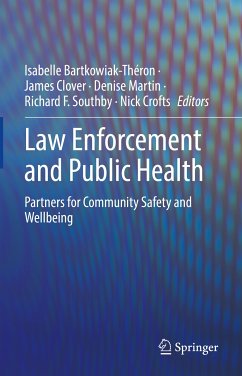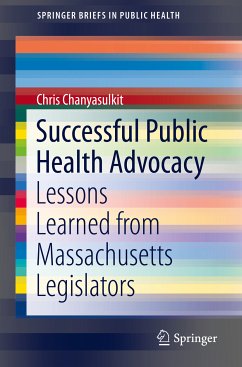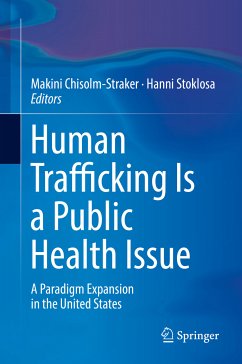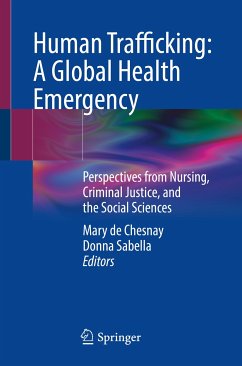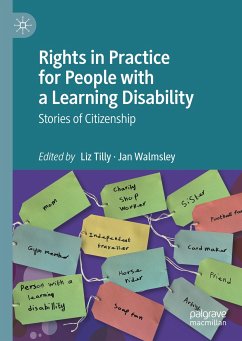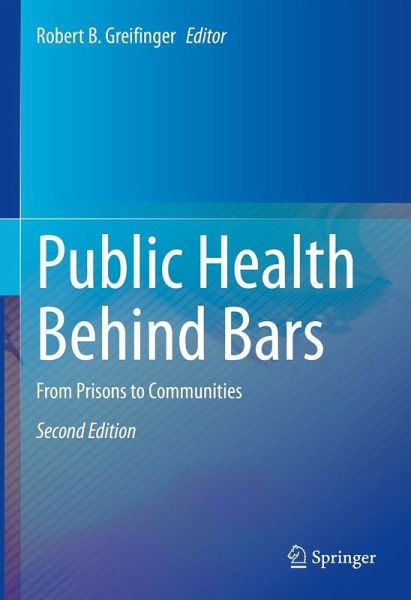
eBook, PDF
Public Health Behind Bars (eBook, PDF)
From Prisons to Communities
Redaktion: Greifinger, Robert B.

PAYBACK Punkte
36 °P sammeln!






Public Health Behind Bars (eBook, PDF)
Dieser Download kann aus rechtlichen Gründen nur mit Rechnungsadresse in A, B, BG, CY, CZ, D, DK, EW, E, FIN, F, GR, HR, H, IRL, I, LT, L, LR, M, NL, PL, P, R, S, SLO, SK ausgeliefert werden.
Robert B. Greifinger, MD is a healthcare policy and quality management consultant. His work focuses on design, management, and quality improvement in correctional healthcare systems. He has extensive experience in the development and management of complex community and institutional healthcare programs, and strengths in the bridging of clinical and public policy interests. Dr. Greifinger has published extensively in the area of correctional health care. He has been a frequent speaker on public policy, communicable disease control and quality management in corrections. Dr. Greifinger was the principal investigator for the Report to Congress on Seizing Public Health Opportunities through Correctional Health Care, published in 2002. He was Co-Editor of the International Journal of Prisoner Health from 2010 - 2016. Dr. Greifinger is the editor of Public Health Behind Bars: From Prisons to Communities (1st Edition, 2007; 2nd Edition, 2022), Springer, New York. He currently serves as the Federal Court-appointed medical monitor for the jails in Miami, Florida; New Orleans, Louisiana; and Albuquerque, New Mexico.
Produktdetails
- Verlag: Springer US
- Seitenzahl: 520
- Erscheinungstermin: 25. Oktober 2021
- Englisch
- ISBN-13: 9781071618073
- Artikelnr.: 62828736
"Greifinger and collaborators yet again aid in empowering correctional professionals, linking correctional health care with public health and community health providers, and increasing the health literacy and ethical knowledge of correctional and health administrators and policymakers. All readers will benefit from better understanding jail, prison, and community health systems ... . This 2022 edition is of particular interest to researchers; practitioners; and others interested in correctional health and medicine; criminology ... ." (David Satcher, Journal of Correctional Health Care, Vol. 29 (6), 2023)
Für dieses Produkt wurde noch keine Bewertung abgegeben. Wir würden uns sehr freuen, wenn du die erste Bewertung schreibst!
Eine Bewertung schreiben
Eine Bewertung schreiben
Andere Kunden interessierten sich für



